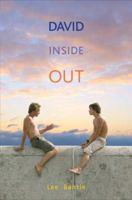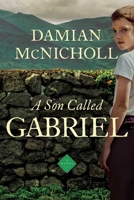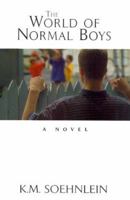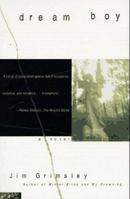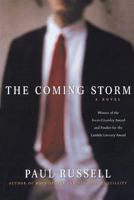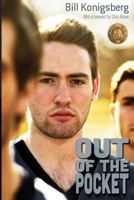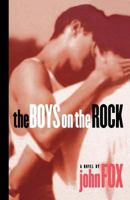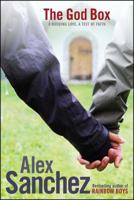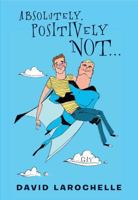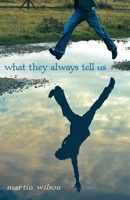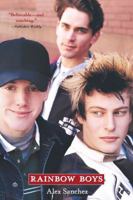Do You Know That I Love You?
(Part of the Gay Youth Chronicles Complete Chronology (#30) Series and Verona Gay Youth Chronicles (#20) Series)
Select Format
Select Condition 
You Might Also Enjoy
Book Overview
The lead singer of the most popular boy band in the world has a secret. A tabloid willing to tell all turns his world upside down.In Do You Know That I Love You, Ralph, a young gay teen living on a farm in Indiana, has an aching crush on a rock star and wants nothing more than to see his idol in concert. Meanwhile, Jordan, the rock star, is lonely and sometimes confused with his success, because all he wants is someone to love him and feels he will never find the love he craves.Do You Know is the story of two teenage boys, their lives, desires, loves, and a shared destiny that allows them both to find peace.
Format:Paperback
Language:English
ISBN:0195002946
ISBN13:9780195002942
Release Date:December 1968
Publisher:Oxford University Press, U.S.A.
Length:576 Pages
Weight:1.16 lbs.
Dimensions:1.1" x 5.4" x 8.0"
Customer Reviews
6 customer ratings | 4 reviews
There are currently no reviews. Be the first to review this work.














